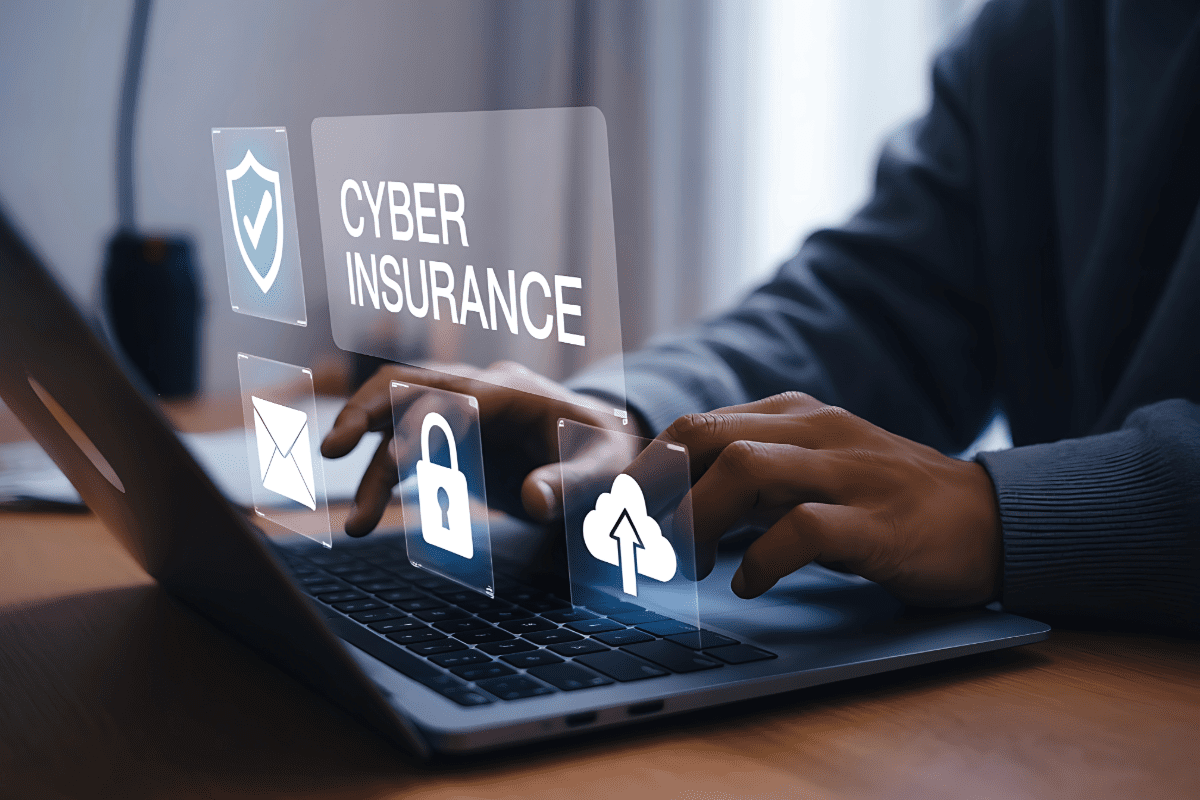
Cybersecurity Doesn’t Have to Be Scary: Here’s How to Lock Down Your Digital Life
Whether you’re in Austin, New Braunfels, or anywhere across Central Texas, you’re surfing the web, checking email, managing finances, and staying connected. And while that’s all awesome – it also means you’re part of the digital world where cyber-threats are very real.
October is Cybersecurity Awareness Month, the perfect time to brush up on protecting your data and identity. Nationally, losses tied to cyber-incidents exceeded $16.5 billion in 2024, and a whopping 61 % of U.S. adults had personal information exposed.
So let’s talk good-ol’ Texas straight: how to stay safe online, what terms like “phishing” and “multifactor authentication” actually mean (no tech jargon overload, promise), and how your insurance agency cares about this stuff too.
- Choose Strong Passwords — No “12345” or “Password1”
Your password is the first line of defense. Think of it like locking the door to your house – you wouldn’t use a card for that, right?
Here’s how to choose a password worth using:
- Use a mix: uppercase, lowercase, numbers, special characters.
- Avoid obvious stuff: birthdays, “iloveyou”, pet names.
- Use unique passwords for each account. That way if one gets compromised, others stay safe.
- Consider a password manager to keep track of them.
- Turn On Multifactor Authentication (MFA)
More than just a password. MFA adds a second step to prove it’s really you:
- Something you know (your password)
- Something you have (your phone, authenticator app, hardware token)
This means even if someone guesses your password, they still can’t get in. At Dowd Insurance Agency, we recommend this for your email, financial accounts, even insurance portals.
- Back Up Your Data Regularly
Imagine losing your family photos, important records, financial files – yikes. Back-ups are your safety net.
- Use an external hard drive or cloud service.
- Make it automatic if possible.
- Keep one back-up off-site (cloud or a drive you unplug).
- Check occasionally that the back-up actually works.
- Keep Software & Apps Up to Date
Updates aren’t just about getting new emojis or slick UI. They patch security flaws bad actors exploit.
- Your phone, laptop, tablet: install updates.
- Smart home gadgets (yes, those count) – keep firmware current.
- Insurance apps, bank apps, any app with sensitive info.
We’ll handle the insurance side; you just handle the updates. That’s a daily win.
- Lock Your Devices When You Step Away
If you’re in your office, at a café in New Braunfels, or at the lake in Canyon Lake – and you leave your laptop or phone, lock it.
- Set it to auto-lock after idle time.
- Use a strong PIN, fingerprint, face recognition.
- Secure portable devices when traveling.
Your devices contain a lot of you — lock ‘em down.
- Be Wary of Emails, Links, and Those Sneaky Phishing Traps
Phishing isn’t just an email from “Your Bank” pretending to be legit. It has many names: vishing (voice phishing), smishing (SMS-phishing), spear-phishing (targeted attacks).
Here’s how to spot them:
- Emails from unknown senders.
- Links that ask you to “verify info”, “click here”, “download file” out of nowhere.
- Unexpected attachments.
- Messages that create urgency (e.g., “Act now or your account will be closed”).
Tip: Hover over links to preview the URL. If it looks weird, don’t click. And when in doubt – call the sender via a known phone number, not the number inside the email.
- Don’t Hand Out Personal Info – Online or On the Phone
Your social-security number, bank account, insurance policy number — these are gold for cyber thieves.
- Question any request for sensitive data via email or phone.
- Avoid giving personal info over VoIP or on public WiFi without protection.
- When you do share info (e.g., with Dowd Insurance Agency), ask your provider how your data is stored and secured.
Why This Matters in Central Texas
Here in the Lone Star State, we’re used to being independent. But independence doesn’t mean going it alone with cyber-risks. Local businesses, ranches, home offices all rely on digital tools. A cyber-attack can disrupt your life just like a bad storm. Being ready means fewer headaches and less downtime.
As your local insurance agency, Dowd Insurance Agency doesn’t just help you with auto, home, or business insurance policies – we help you manage risk. Cybersecurity is one of those risks — and we’re cheering you on to be prepared.
Your Next Steps (and Yes, There’s a Checklist)
- Audit your passwords and change weak ones today.
- Enable MFA wherever possible.
- Set up automatic backups (cloud or external).
- Update all devices and apps.
- Lock devices when idle.
- Review one suspicious email rule with your family/team.
- Talk with us about how your insurance protection covers cyber-risks.
Categories: Blog
Tags: Personal Cyber Insurance, Tips
